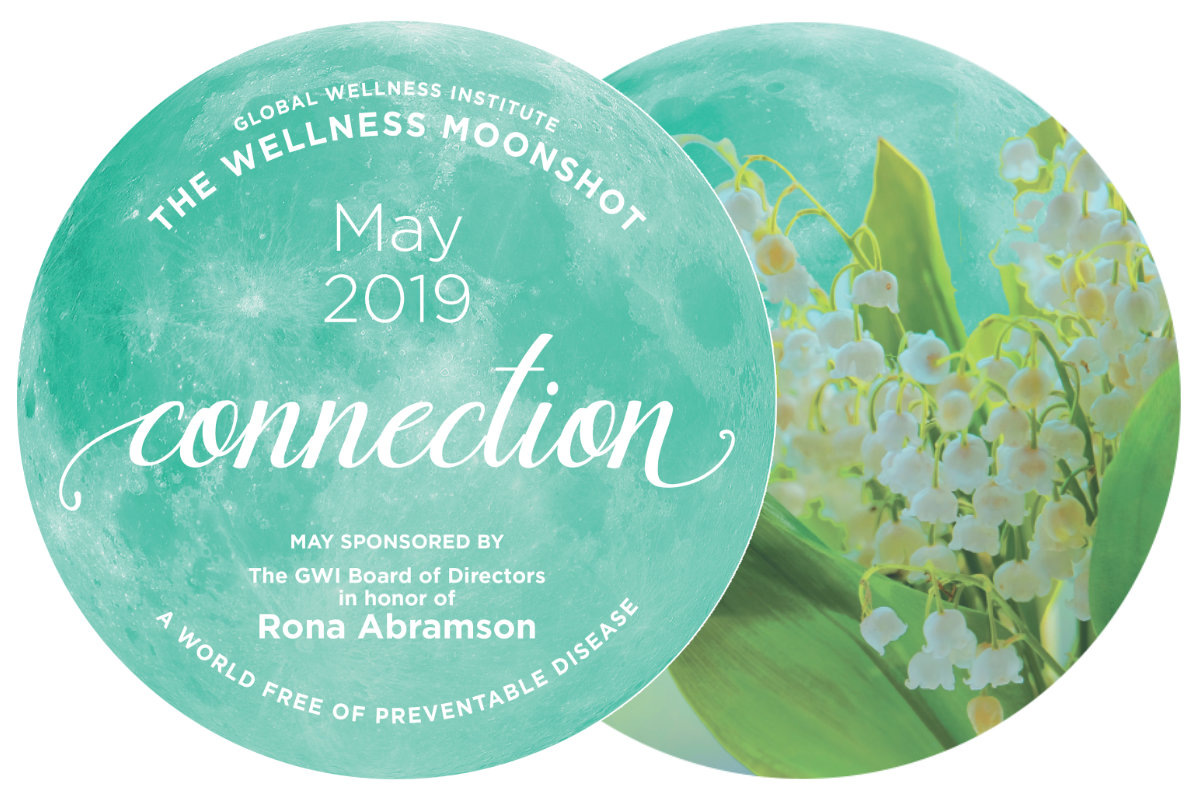The definition of healthy sleep depends on several factors, such as duration and how many times a person awakens during the night. The quality of sleep is subjective and also includes sleep satisfaction, how much time a person spends in bed compared to sleep time and alertness after sleeping. Research shows that poor sleep is associated with physical and mental health, including heart disease, obesity, diabetes, hypertension…

May | Connection
Return to Wellness MoonshotTM Calendar Overview Our world recently lost a generous soul. Rona Abramson was an educator, humanitarian and philanthropist. She also led the Women’s Wing of the Transcendental Meditation Movement, an effort that provides practical tools, wisdom and support to millions of vulnerable women and children in countries worldwide. Rona invited everyone she touched to discover the greatness within themselves and each other,…

What Are the Healthiest Nations? Two New Studies Shed Light
The World Happiness Report has been gauging the happiness of nations since 2012, and two new studies, 1) the Global Wellness Index (from investment firm LetterOne) and 2) the Bloomberg Healthiest Country Index now offer a window into how 150+ nations fare when it comes to overall health and wellness. Each index uses slightly different measures, so rankings vary somewhat, but both are important new…

Initiative Trends
Global Wellness Institute Initiative Trends 2025 Trends VIEW ALL 2025 TRENDS 2024 Trends VIEW ALL 2024 TRENDS 2023 Trends VIEW ALL 2023 TRENDS 2022 Trends 2021 Trends The Global Wellness Institute serves as an umbrella organization for numerous Initiatives, that are independently chaired and run. The resources, editorial, research and opinions presented by the Initiatives do not necessarily reflect…
Immersion Initiative Trends
Immersion Initiative Trends As we emerge from the cocoon-like existence that managing the pandemic required, there is a collective urgency to revitalize, strengthen and heal from within. People are eagerly intent on learning or returning to the practices that encourage wellbeing and thriving in the welcomed dawn of a post-pandemic era. The mandated physical distancing and abruptly halted social gatherings forced unforeseen self-reliance and, for…

Why Do Unhealthy Behaviors Remain So Prevalent?
MONTHLY BAROMETER – WELLNESS EDITION During the year, the debate has been raging between those who see the world’s glass as half full versus those who see it as half empty. The optimists, trying to promote a fact-based worldview, are right: Almost all the indicators confirm that the world is “better” than it’s ever been and certainly not nearly as dangerous as we think/feel. If…
























































